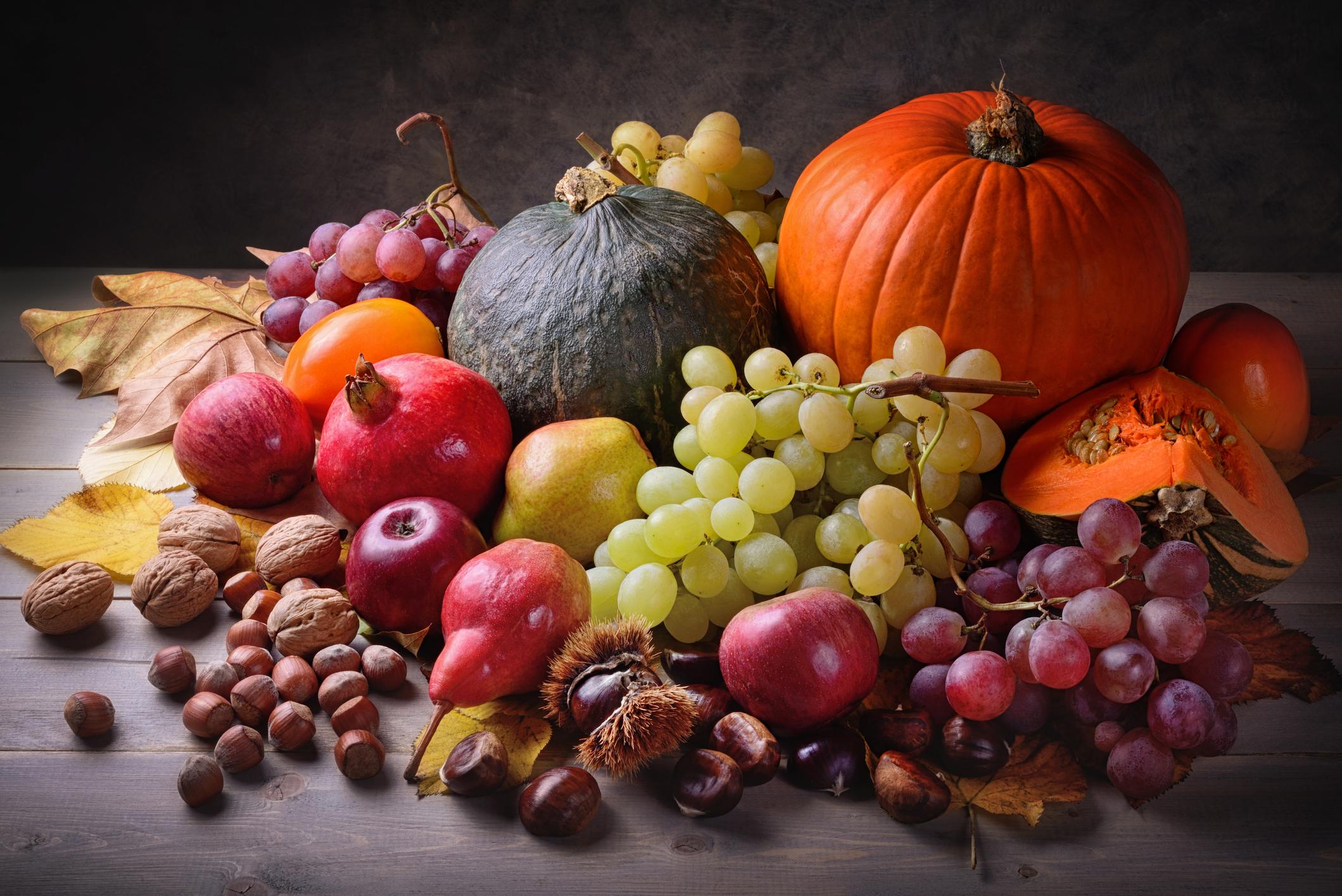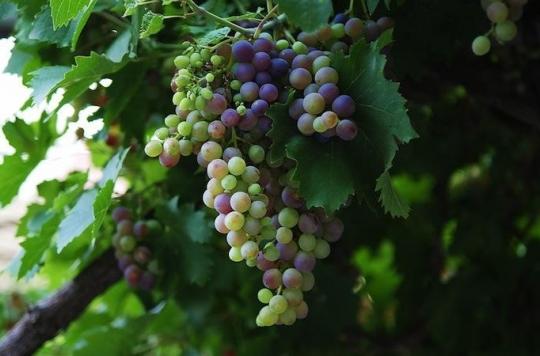California researchers have discovered the precise mechanism for protecting resveratrol, a component found in grapes and red wine. Enough to relaunch a 25-year-old scientific debate.

Can you enjoy a good glass of red wine while protecting your heart? A question that scientists have asked themselves a thousand times. Indeed, we no longer count the many studies on the subject. Thus, red wine has been designated as a friend for our heart and our arteries. According to others, it would also strengthen the immune system. But in the end, there are as many detractors as there are supporters of the theory of red wine and its protective effects on health. So much so that the scientific literature leaves us perplexed.
Listen to Prof. Jean Ferrières, Secretary General of the French Society of Cardiology: “There is a big transatlantic controversy: the Americans think that it is ethanol that is protective while we, the French, think that wine is the ideal drink because it combines ethanol and resveratrol. “
Wine, consumed in moderation, is it therefore good for health or is it just a good pretext to chain glasses without feeling guilty? American researchers, whose work was published this Tuesday in the journal Nature, may have unraveled this mystery.
A protein would activate protective genes
They have identified the presence of an enzyme in resveratrol, a component belonging to the family of polyphenols found in red wine but also in other food products such as grapes or chocolate. However, this component is precisely the main object of the scientific controversy around red wine. Resveratrol indeed has antioxidant properties recognized for a long time.
According to the team of Prof. Mathew Sajik and Prof. Paul Schimmel, principal authors of the study, the action of the enzyme discovered in resveratrol would trigger – or deactivate – the cellular stress response system. Indeed, this enzyme, called TyRs, activates the PARP-1 protein, which repairs the damage caused to DNA by this stress. Other genes are also manifested through the action of this protein … especially those associated with tumor suppressors and cell longevity. “We think that this is only the tip of the iceberg, there are surely many other components which mimic amino acids and whose action could be just as positive”, speculates Professor Schimmel, for whom the next step will be to identify the components in question.
A discovery hailed by Prof. Jean Ferrières, Secretary General of the French Society of Cardiology, “This is a cornerstone of a 25-year-old scientific debate! Most importantly, it shows that the assumptions that wine is good for you are not just visions of the mind but are based on real facts. This study also suggests the hope of finding a drug source producing the same effects, ”enthuses the latter.
Listen to Prof. Jean Ferrières, Secretary General of the French Society of Cardiology: “What this study shows is that there are enzymatic mechanisms that actually protect against atherosclerosis. It is not a figment of the imagination. ”
To consume with moderation ?
Thanks to Californian researchers, the theory of the protective role of red wine now seems to be based on a solid argument. Another good news: according to the researchers’ results, the protective genes activate even when the quantities of wine are low, from 2 glasses according to the researchers. For Pr Ferrières, this effect lasts up to 6 glasses. The latter, however, warns against excessive consumption “Beyond 3 glasses, the risk of digestive cancer begins to increase. This explains why we do not find the phenomenon of the extension of life expectancy after the 3 glasses ”.
But resveratrol is only one component of many in wine. And in addition, it would not be the only one to have these protective virtues, according to many scientists. One more reason to believe in the benefits of wine.
.












